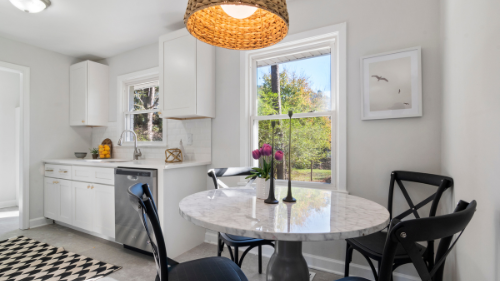The psychological impact of living in small spaces
Living in small spaces is a reality for many people,
especially in large cities where housing costs can be high. Although small
spaces offer some advantages, such as lower maintenance costs and a more
minimalist lifestyle.
Understanding these effects and learning to manage them is
key to maintaining a healthy balance in daily life.
The Psychological Impact of Small Spaces
The space we live in greatly influences how we feel and our
quality of life. Living in a small space can create feelings of claustrophobia,
overwhelm, and lack of privacy, especially when sharing the space with others.
A cluttered environment can make us feel overwhelmed and
out of control, negatively impacting emotional well-being. Additionally, a lack
of natural light and proper ventilation in small spaces can contribute to
issues such as insomnia and seasonal depression.
There are strategies to minimize its impact on mental
health:
Optimize the Space:
Make the most of the available space by using multifunctional furniture. Keep
the environment organized with vertical storage
Create Relaxation Areas: Even in a small space, it's important to have a dedicated area for
rest and relaxation. This could be a cozy chair by a window, a soft rug for meditation,
or a chair next to a warm lamp for reading.
Introduce Natural Elements: Natural elements, such as plants, natural light, and ventilation,
can make a small space feel more welcoming and less overwhelming.
Set Personal Boundaries: Lack of privacy can be an issue in small spaces, especially when
sharing your home with others. Setting clear boundaries and schedules for using
different areas can help reduce conflicts.
Living in a small space doesn’t have to be a negative
experience. With the right strategies, you can create an environment that
promotes well-being.
RewPaz



